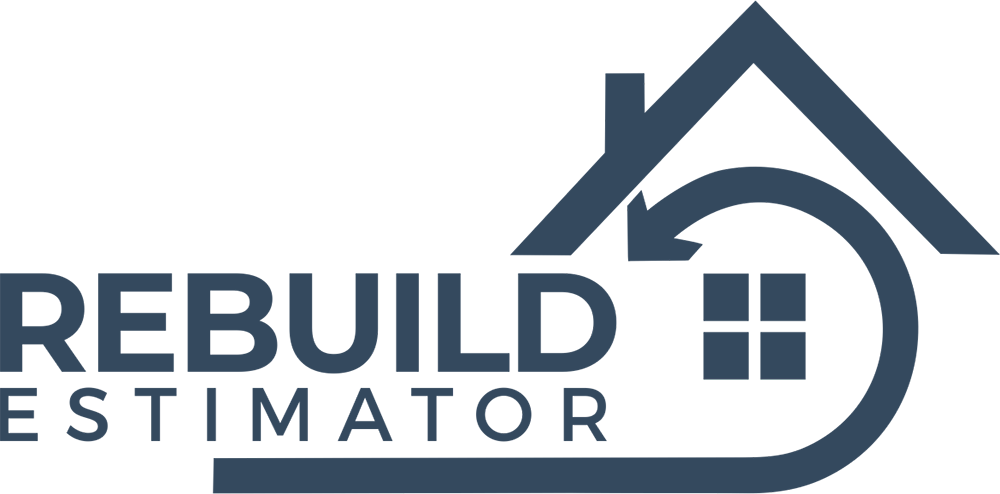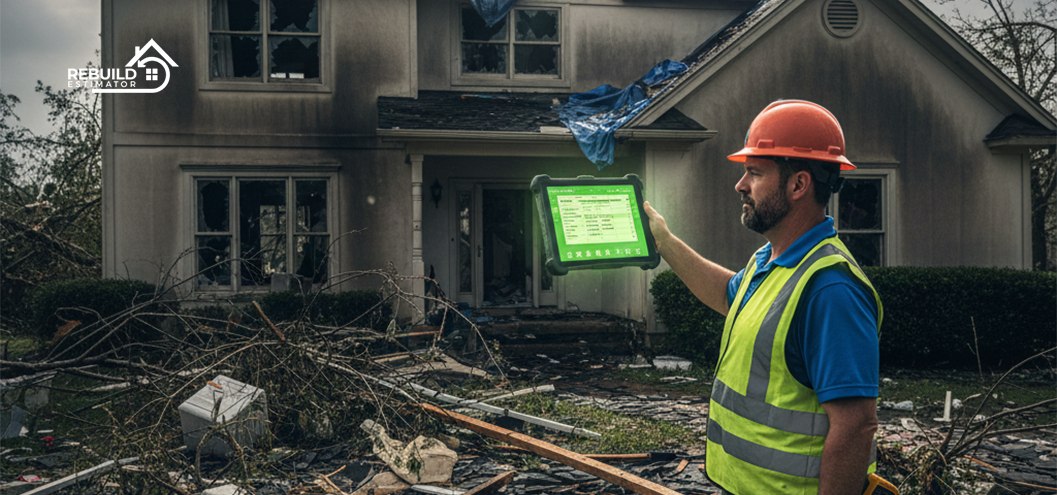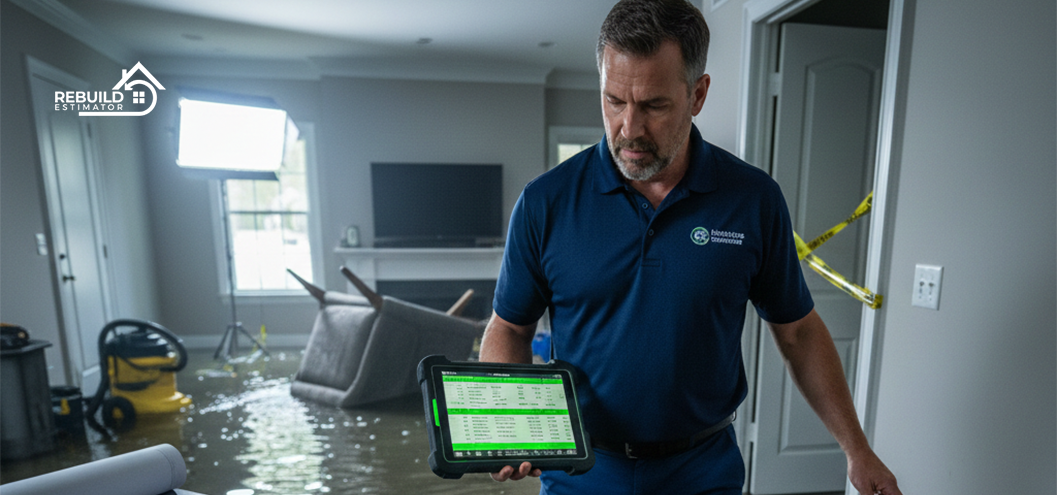Introduction:
When you file an insurance claim, you will most likely contact with an insurance adjuster. Their role is to look into your claim and assess how much the insurance company should pay out. They may seem to be on your side. But, they work for the insurance company. Here are seven things your insurance adjuster won’t tell you that could help you earn a fair payment.
They are not on your side
When you first meet an insurance adjuster, they may seem kind and empathetic.They give the idea that they are there to help you in a tough moment. But, you must remember: they serve the insurance company, not you. Understanding this link is key. It helps control expectations and navigate claims well.
Adjuster’s Role and Incentives
Insurance adjusters work for the insurance company. Their main job is to review claims and decide how much to pay. People often assess their work. It depends on how much they cut claim payouts. This means they are financially motivated to keep the settlement as low as possible. The adjuster’s main goal is to protect the company’s profits. But, this clashes with your desire for a fair payout for your losses.
The illusion of empathy
Adjusters are trained to show care and empathy. Their aim? To build a connection and earn your trust. This approach is crucial after a traumatic event, like an accident or disaster. They may truly show sympathy. But, it’s crucial to note that empathy can also used to make you feel at ease. It can make you inclined to accept a lower price. They may believe that by pretending to be on your side, they may avoid conflict and resolve the claim swiftly.
Evaluating Damages and Minimizing Payments
Adjusters use a key method to lower settlements. They downplay your damages or injuries. For example, they might claim some damages were pre-existing. Or, they might say your injuries are less severe than reported. In property damage cases, they may make estimates that are lower than the actual cost of repairs. In personal injury cases, the other party might question your treatment needs or expenses. They could say these are unrelated to the incident. To fight this, you need detailed records. You might also need independent assessments.
Your initial offer is usually low
When making an insurance claim, expect the adjuster’s initial offer to be less than the claim’s real value. This approach is used to reduce compensation. To push back, first, review the offer against your expenses. These should cover repair and hospital costs, and other charges. Then, make a detailed counteroffer. Highlight the validity of your documents and policy terms.
Effective bargaining necessitates patience and a thorough awareness of your rights. If negotiations stop, consider hiring a public adjuster. You can also hire an attorney who specializes in insurance claims to represent you. They can assist you navigate the process and advocate for a fair settlement. Remember, patience and proper documentation are crucial to collecting reimbursement.
You have the right to negotiate
Many people think claimants must accept the first settlement offer from an insurance adjuster. You have the right to demand fair compensation for your losses. Knowing this is crucial to defending your position during the claims process.
Importance of Negotiation
Negotiation is an essential part of the insurance claims procedure. Insurance adjusters are trained to make a low initial offer. They expect that you will take it without inquiry. Accepting the initial offer without negotiating may end in earning less income than you deserve. You can use your right to bargain. It can help you achieve a settlement that more accurately reflects your damages and losses.
Gathering Evidence to Support Your Case
Effective negotiating begins with acquiring evidence to back up your point. This includes Estimates for Repairing Property Damage and medical bills for injuries. Also, receipts for incident-related expenses and any other relevant documents. The more evidence you have to back up your argument, the better your negotiating position will be. Make sure your evidence is organized clearly and concisely so that it may be easily presented during negotiations.
Understanding the Value of Your Claims
Before getting into talks, you should have a firm knowledge of the value of your claim. This includes the direct costs of the event. It also includes extra expenses like missed wages, pain, suffering, or future medical treatment. Examine your documentation well. Make sure you have accounted for any valid expenses and losses. This will offer you a reasonable starting point from which to barga
They may downplay your damages
Insurance adjusters are trained to reduce your losses or injuries. They do this to limit the amount paid by the insurance company. The strategy safeguards the company’s finances. It often does so at the expense of fairly paying you for your losses. Understanding how adjusters cut losses is key. Being ready to counter these methods with detailed evidence and independent assessments is critical. They ensure that you get fair compensation.
Minimization Strategies
Adjusters often use tactics to downplay your damages or injuries. For instance, they might say your damages were pre-existing. This implies they were there before the incident covered by the policy. They might argue that your injuries are not as bad as you said. Or that the prescribed treatments or repairs are too much or not needed. Adjusters attempt to justify offering a smaller settlement. They do this by questioning the size of your damages.
The Value of Thorough Documentation
To fight the strategies used by adjusters, you must have a detailed record of your damages or injuries. This documentation serves as evidence to back up your claim and contradict any attempts to minimize the severity of your losses. Claims for property damage may need documents. These include repair estimates, photos of the damage, and receipts for expenses. In personal injury cases, detailed medical records are key. They should include the diagnosis, treatment plans, and medical bills.
Independent Assessments
In addition to saving your own documentation, getting outside assessments can also help. They can help improve your case. Appraisers, doctors, and other experts can assess your damages or injuries. They are independent. The assessments have weight in talks with the insurance company. They provide data to prove the severity of your losses. By submitting independent assessments and your own documentation, you can challenge the adjuster. It will stop them from reducing your losses.
You can hire a public adjuster.
Hiring a public adjuster can have a big impact on the result of an insurance claim. Insurance adjusters serve the company’s interests. In contrast, public adjusters work only for policyholders. They push for fair compensation. They provide advice through the claims process. It is often complex. They use their knowledge of insurance law and policy to safeguard your rights. Public adjusters thrive in negotiation. They counter insurance companies’ strategies to cut compensation and aim for a settlement. The settlement fully pays you for your losses.
One of the key benefits of engaging a public adjuster is that they can maximize your settlement. They charge a fee for their services. But, their negotiation skills and damage assessments often get a much bigger settlement than you could get on your own. They have experience analyzing and recording losses. It will boost your position in talks and the chance of success. Hiring a public adjuster gives you peace of mind. A competent professional handles every part of your claim. This lets you focus on rebuilding after a loss.
Delaying tactics are common
Insurance adjusters may use delays to pressure claimants. The goal is to get them to accept a lower settlement. They may continuously seek more documentation or slow down communication. Knowing your rights and the usual claim processing times helps. It might help you fight against unjustified delays.
Recorded statements could be used against you
Adjusters frequently want recorded statements immediately after a claim is filed. While it may appear to be a regular operation, these statements have the potential to damage your claim. Before making any recorded statements, think carefully about what you say and speak with a lawyer.
Your policy coverage is open to interpretation
Insurance policies contain complex terminology and fine print. Adjusters may interpret these phrases to favor the insurance firm. Know your policy or ask a lawyer. This will help you understand your coverage and get what you are entitled to.
You can appeal a denied claim
If your claim is refused, that does not mean the end of the road. You have the right to appeal the decision. Study the refusal letter carefully to grasp why they denied you. Then, gather more info or paperwork to support your claim. An attorney or public adjuster can also help with the appeals process.
Legal Representation can be beneficial
Having an attorney can be immensely beneficial, particularly in complex or costly claims. Experienced attorneys know insurance claims. They know the strategies used by adjusters. They may negotiate for you. Their goal is to ensure you get a fair settlement. Hiring an attorney can often push the insurance company to pay more. They do this to avoid a lawsuit.
Conclusion
Understanding these ten crucial points can help you cope with insurance adjusters. Remember that adjusters are pros at negotiation. They are trained to protect the insurer’s interests, not yours. By being aware, assertive, and ready to seek professional help, you can better navigate the claims process. You can also get a settlement that reflects your damages and losses.
If you have a difficult claim, talk to a public adjuster or an attorney. They will make sure that your interests are represented. Getting good help with investing can pay off. It can help you reach a fair settlement. This payoff can be big and come in the long run.






